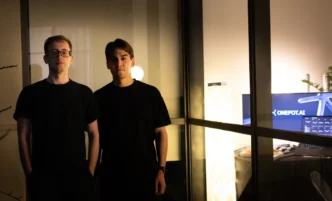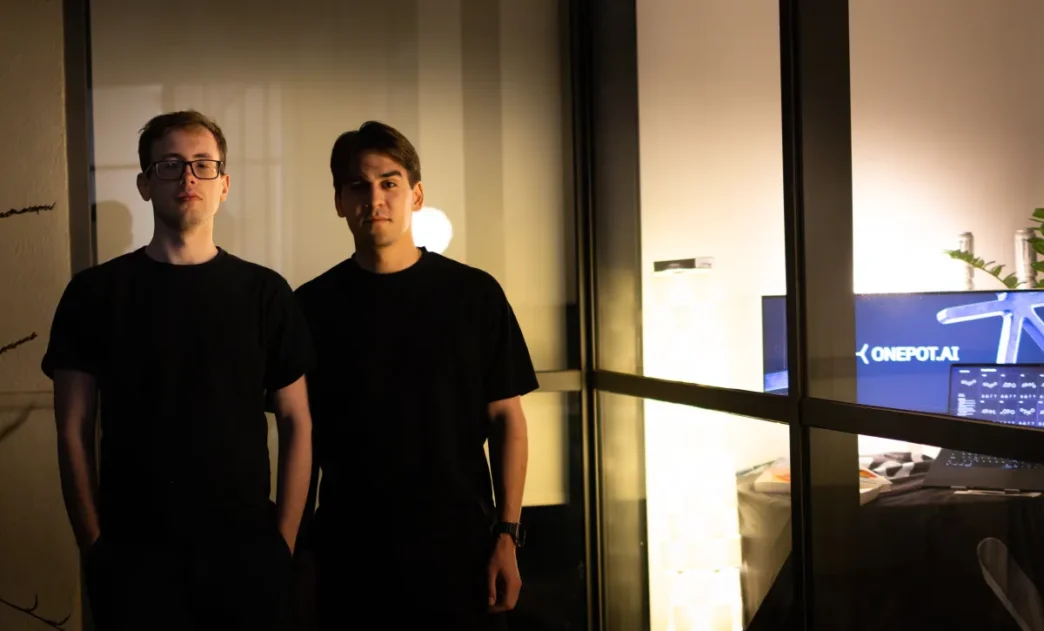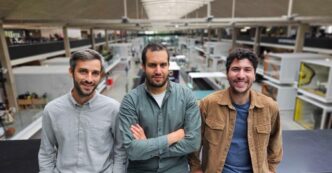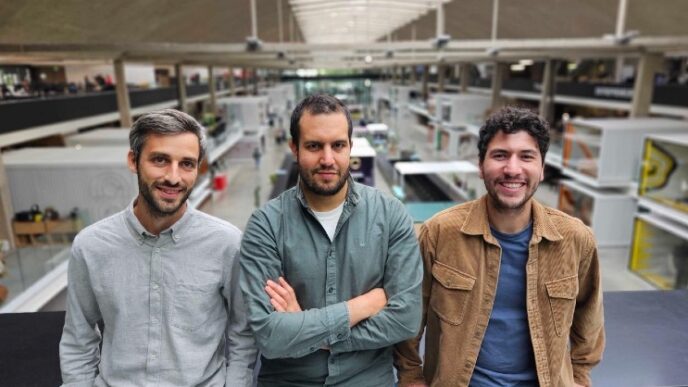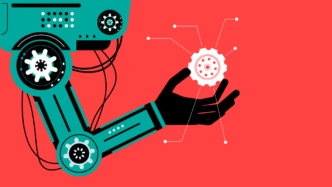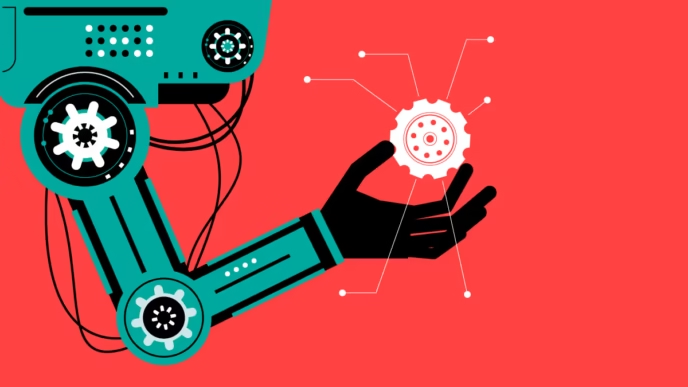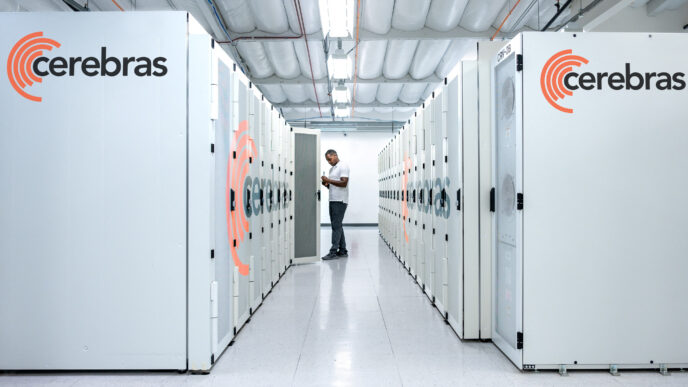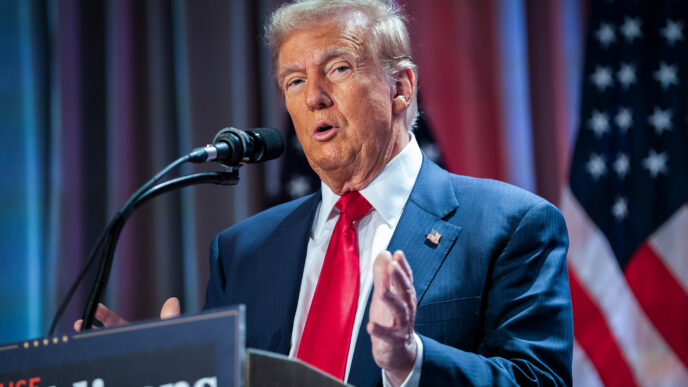The idea behind Onepot AI was born out of a simple but frustrating truth: great drug ideas often die long before they reach the lab. For founders Daniil Boiko and Andrei Tyrin, the biggest barrier wasn’t biology or computational design. It was the messy, slow, and expensive world of chemical synthesis.
Boiko, who studies machine learning in chemistry at Carnegie Mellon, began noticing a pattern early in his career. Many promising drug concepts were never tested in the real world because the compounds required to make them looked too difficult or too time-consuming to synthesize. In his words, those molecules “never even got a chance.”
Tyrin experienced the same issue from the engineering side. After graduating from MIT and working on computational pipelines for drug discovery, he learned that AI could generate molecular ideas in hours. Yet labs still needed months to build even a single compound.
Both founders felt the industry was pouring money into molecular design while ignoring the harder problem: actually making the molecules. And in a world of fragile supply chains and renewed geopolitical pressure, that problem was becoming even more urgent.
“It was clear,” Boiko said. “Small molecule synthesis needed to be rebuilt from the ground up in the United States.”
To fix this gap, the founders teamed up to create Onepot AI, a startup focused on automating and accelerating small-molecule synthesis. Their system includes a physical lab, called POT-1, and an AI chemist named Phil that helps run experimental analysis, optimize reactions, and speed up the creation of complex compounds.
On Wednesday, Onepot AI officially came out of stealth, announcing $13 million in funding that includes both pre-seed and seed investments. The round was led by Fifty Years, with participation from Khosla Ventures, Speedinvest, OpenAI co-founder Wojciech Zaremba, and Google’s Chief Scientist Jeff Dean.
For a young startup tackling one of the hardest problems in drug discovery, it’s a strong vote of confidence.
Today, biotech and pharma companies often rely on two options: hiring entire chemistry teams or outsourcing synthesis to large contract research organizations overseas. Both paths are slow, costly, and unpredictable.
Human chemists might spend months trying to create a single molecule. Each attempt requires endless trial and error, studying the biological activity of compounds, analyzing toxicity, tweaking reaction conditions, and constantly revisiting experimental decisions.
“The limiting factor isn’t the ability to test the compounds,” Tyrin said. “It’s making them in the first place.”
This inefficiency means drug discovery moves far slower than it needs to, even when AI tools are generating brilliant ideas at record speed.
Onepot AI offers a catalog of molecules that clients can request. Once selected, the company synthesizes the compounds and ships them directly to biotech teams, either as dry powders or in ready-to-use solutions.
Inside the POT-1 lab, large language model agents are trained on detailed, real-world experimental data rather than scraped literature. The team captures every detail of every experiment, from temperature changes to the exact order ingredients are added, creating a complete trace of each reaction.
According to Tyrin, “No information is lost,” which means experiments can be reproduced even a decade later. This level of precision also helps their AI agents learn what works, and what doesn’t, faster than any traditional pipeline.
Instead of relying on theoretical reaction knowledge, Onepot AI generates new synthesis pathways grounded in real-world behavior.
Boiko described their fundraising as “hectic.” He said they met their lead investor through an introduction that turned what was supposed to be a quick chat into a multi-hour brainstorming session on how to industrialize chemical synthesis.
The new capital will go toward opening a second lab in San Francisco, expanding their compound discovery engine, and onboarding more customers. The founders also plan to grow their team and improve the automation systems that help Phil run experiments.
As they scale, they’ll be competing with industry giants such as WuXi AppTec and Enamine, companies already well known for their chemistry outsourcing services. But Onepot AI believes its deep integration of robotics, LLM agents, and automation gives it an edge those firms lack.
Boiko and Tyrin want to do more than speed up synthesis. They want to expand what’s possible.
By making the process faster and cheaper, Onepot AI hopes to unlock molecular ideas that scientists previously ignored because they looked “too weird” or “too difficult” to build. Expanding this design space could help accelerate breakthroughs in medicine, materials science, and synthetic chemistry.
“You’re not just speeding up drug discovery,” Boiko said. “You’re expanding the space for what drugs and materials can be.”
For them, the next great drug may already exist in the minds of researchers or inside an AI model, waiting only for a chemistry platform fast enough to bring it to life.
With $13M behind it, Onepot AI wants to be that platform.
